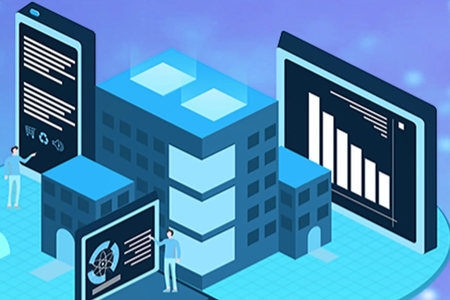Cloud servers and physical machines are different forms of the server. They each have a series of advantages and disadvantages. Which depends on specific needs and business scenarios.
1. Performance and hardware resources:
Cloud Server:
Elastic telescopic: The cloud server provides the ability of elastic telescopic, which can dynamically allocate and release resources according to demand. This means that you can adjust your performance flexibly according to the changes in traffic and workloads.
Virtualization technology: Cloud servers are usually based on virtualization technology and can run multiple virtual machines at the same time on physical servers. The flexibility brought by virtualization allows more efficiently using hardware resources.
Physical machine:
Exclusive hardware: physical machines are actual hardware servers, and resources are exclusive. This means that you fully control the performance of the entire server without being affected by other virtual machines.
No virtualized expenses: Because there is no virtualized overhead, the performance of physical machines is often higher than the same configuration cloud server.
2. Elasticity and retractability:
Cloud Server:
Elastic telescopic: Cloud server allows to increase or reduce resources at any time according to demand. This flexibility is very valuable for changing workloads and traffic.
Pay on demand: You only need to pay the actual resources used, without buying and maintaining a large amount of hardware. Such a required payment model makes the cost more controllable.
Physical machine:
Limited scalability: In physical machines, scalability is usually limited by hardware. If you need to increase performance, you may need to buy new hardware, which may take a certain time and funds.
Buy hardware in advance: Generally, purchasing physical machines involves large pre -investment, and these resources may also be idle when they are not needed.
3. Cost:
Cloud Server:
Paid on demand: Cloud servers usually use on -demand payment models. You only need to pay the actual resources used to avoid a large amount of pre -investment. This is a huge advantage for small enterprises and just starting projects.
Resource sharing: The cloud server adopts a model of resource sharing. Through reasonable allocation, it can use hardware resources to reduce costs.
Physical machine:
Pre -investment: To buy a physical machine, a large amount of pre -investment, including hardware, network infrastructure and maintenance costs. This may be a burden for some companies in the early stage.

Resource exclusive: The resources of the physical machine are exclusive, which may lead to low resource utilization rate, especially when the load is relatively light.
4. Management and maintenance:
Cloud Server:
No hardware management: Cloud server gets rid of the responsibility of hardware management, you don't need to worry about hardware failure, update and maintenance.
Automation Management: Cloud service providers usually provide automated management tools, such as automatic extension, backup and monitoring, making management more convenient.
Physical machine:
Hardware management: For physical machines, you need to manage hardware yourself, including failure elimination, update, maintenance and upgrade.
More independent control: Physical machines provide more right to control, but more management work is required.
5. Availability and fault tolerance:
Cloud Server:
Data redundancy and backup: Cloud services usually provide data redundancy and backup services to ensure the integrity and availability of data in hardware failure or other catastrophic events.
Distributed architecture: Cloud service providers usually use a distributed architecture to ensure that the service is still available even when a data center fails.
Physical machine:
Relying on single hardware: Physical machines usually depend on single hardware. Once the hardware fails, service interruption may be caused.
Manual backup: Backup and fault tolerance usually require manual operation, which is relatively cumbersome.
6. Privacy and security:
Cloud Server:
Sharing environment: Cloud server running in the environment of hardware resources may cause some security and privacy concerns, although cloud service providers usually take strict security measures.
Compliance: Some industries have specific compliance requirements for data storage and processing, and need to ensure that cloud service providers can meet these standards.
Physical machine:
Independent control: Physical machines provide more independent control of hardware, which helps to meet some businesses that have higher requirements for privacy and security.
Autonomous security measures: You can implement security measures yourself to better master the protection of data.
When choosing between cloud servers and physical machines, various factors need to be weighing according to the specific needs of the business. Cloud server is suitable for flexible and variable workloads, which is sensitive to cost, focusing on elasticity and retractability. Physical machines are suitable for business, security, and independent control, especially for the application of some large enterprises and specific industries.
The final choice should take into account the long -term development planning, budget, service level requirements, and data security and privacy. In many cases, the method of using cloud servers and physical machines is also an effective solution. It is called a hybrid cloud architecture to make full use of the advantages of the two.

 EN
EN
 CN
CN








